Sleep apnea and temporomandibular joint (TMJ) disorders might seem unrelated at first glance, but a growing body of research suggests a surprising connection between the two.
Sleep apnea, a condition characterized by interrupted breathing during sleep, can contribute to the development and exacerbation of TMJ problems. In this blog post, we’ll explore the link between sleep apnea and TMJ disorders and discuss how understanding this connection can lead to more effective treatment approaches.

Understanding Sleep Apnea
Before delving into the connection, let’s briefly explore sleep apnea. This sleep disorder comes in two main forms: obstructive sleep apnea (OSA) and central sleep apnea.
OSA is the more common type, occurring when the muscles at the back of the throat relax excessively, leading to partial or complete blockage of the airway. This interruption in breathing can happen multiple times throughout the night, causing a range of health issues.
The Relationship between Sleep Apnea and TMJ Problems
1. Muscle Tension and Dysfunction
– Individuals with sleep apnea often experience increased muscle tension in the jaw and neck as the body works harder to overcome airway obstructions. This heightened muscle activity can contribute to TMJ problems.
– Prolonged periods of muscle tension during sleep may lead to the development of myofascial pain, a common TMJ symptom characterized by discomfort or pain in the muscles responsible for jaw movement.
2. Bruxism (Teeth Grinding)
– Sleep apnea has been linked to bruxism, a condition where individuals grind or clench their teeth during sleep. A possible explanation for this, is that clenching and grinding occur as the body is struggling to maintain an open airway during sleep.
– The repetitive grinding and clenching associated with bruxism can place significant stress on the TMJ, potentially leading to joint pain, inflammation, and dysfunction.
3. Altered Sleep Positions
– Sleep apnea may cause individuals to adopt specific sleep positions, such as sleeping on the back with the head tilted backward, to facilitate easier breathing.
– These altered sleep positions can affect the alignment of the jaw, leading to increased pressure on the TMJ and contributing to the development of TMJ disorders.
Treatment Implications
Understanding the connection between sleep apnea and TMJ problems can inform more comprehensive and effective treatment strategies. Here are some considerations:
1. Integrated Care
– Collaboration between sleep medicine specialists, dentists, and other healthcare providers can lead to a more holistic approach to treating both sleep apnea and TMJ disorders.
2. Oral Appliances
– Dentists may fit patients with custom oral appliances to help reposition the jaw and relieve pressure on the TMJ, especially in cases where bruxism is a contributing factor.
3. Continuous Positive Airway Pressure (CPAP) Therapy
– For individuals with both sleep apnea and TMJ problems, the use of CPAP therapy, a common treatment for sleep apnea, may help alleviate symptoms by improving airflow and reducing muscle tension.
The intricate connection between sleep apnea and TMJ problems highlights the importance of considering the broader health implications of sleep disorders. Recognizing this relationship can guide healthcare professionals in developing more targeted and effective interventions, ultimately improving the quality of life for individuals affected by both conditions.
Contact Better Sleep Today!
If you suspect you may have sleep apnea or TMJ issues, it’s crucial to consult with healthcare professionals who can provide accurate diagnosis and personalized treatment plans. Schedule a consult with the sleep apnea and TMJ experts at Better Sleep Mid-Ohio Valley today.
You can also take the sleep quiz on our website to see if you may suffer from obstructive sleep apnea.

